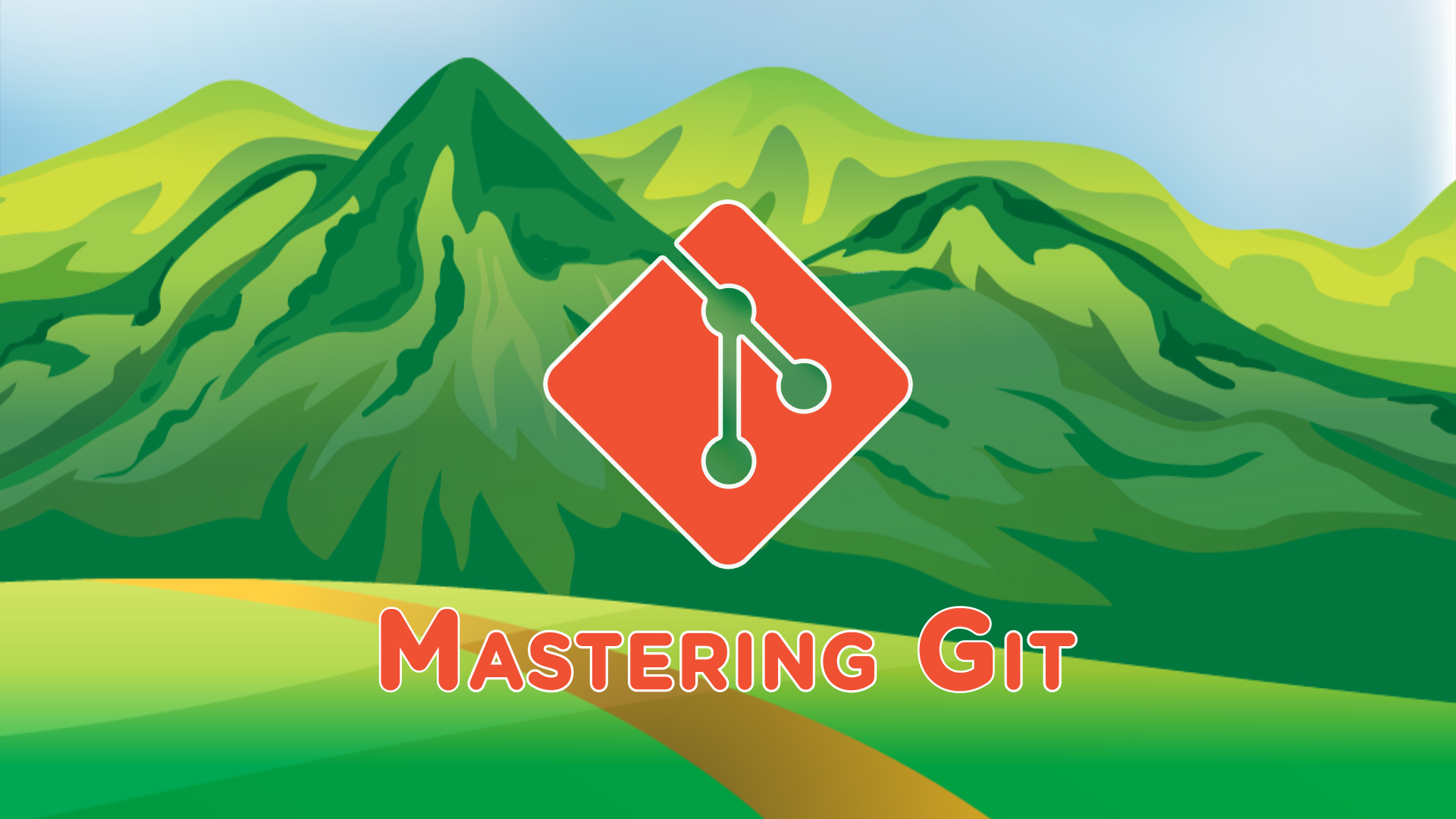Learning More
Mastering Git
6 minutes
Video
Want to see the full-length video right now for free?

Notes
Git is a deep and powerful tool that can be used for countless workflows. While the many previous videos have covered a ton of material, there is always more to learn. The following tips will help you as you continue on your path to Git mastery.
Git Help Pages
Like any good Unix utility, Git has man pages documenting the various
subcommands. These can be reached using the normal man command, but the more
common approach is to use the git help subcommand, passing it the name of the
Git operation you'd like help with:
$ git help rebase
These Git help pages are detailed and thorough, but often a bit hard to wrap
your head around in a quick pass. If you're looking for a complete list of
the options that can be used with a specific Git command, then git help is
the place to go, but otherwise we'd recommend starting with some of the more
approachable resources listed below.
Resources
While the Git help pages can be great for the deep dives, the following resources provide much more friendly and approachable documentation:
- [GitHub Help][] - GitHub's business model is pretty reliant on people understanding Git, so they make teaching it a priority. Good stuff here.
- [Git Ready][] - Practical how-to pages on topics like "get a file from a specific revision."
- [Pro Git][] - A great in-depth resource I find myself continually coming back to.
- [Git Internals][] - A deep dive into the Git object model, with more detail and nuance than we could cover in the this course's video on the topic.
[GitHub Help]: https://help.github.com/ [Pro Git]: https://progit.org/ [Git Ready]: http://gitready.com/ [Git Internals]: https://github.com/pluralsight/git-internals-pdf
Forum
As always, the Upcase forum is a great place to ask your more specific questions, and we even have a [Git category in the forum][] to collect these questions.
[Git category in the forum]: https://forum.upcase.com/c/workflow/git
Try Things Out
The last recommendation is to just try things out. Build new repos for testing out workflows and ideas, play around in larger repos to practice with more complex operations, and generally feel free to experiment. Git is incredibly fast and efficient, so the cost of these experiments is almost nothing, and as long as we always remember to commit first, we know that the reflog has our back and will let us undo any mistakes.
Conclusion
And with that we've reached the end of the Getting to Know Git course here on Upcase!
Git is an amazing tool, and one that is worth spending the time to learn. We hope these videos have provided all the context and tips you need to become a confident Git master.